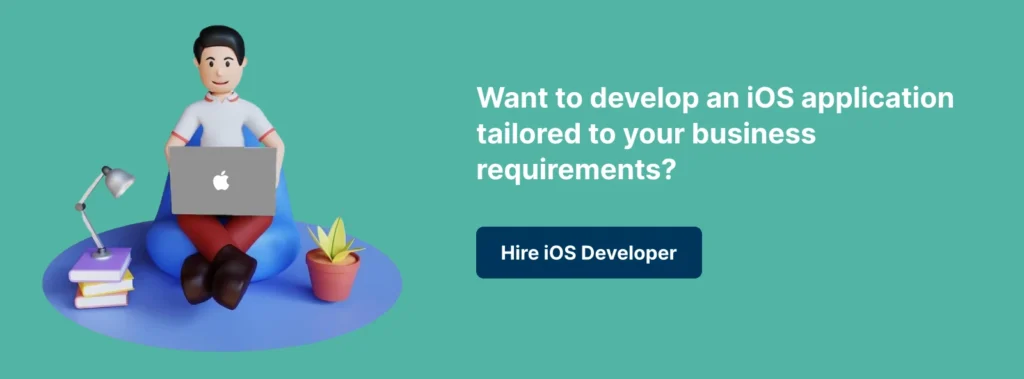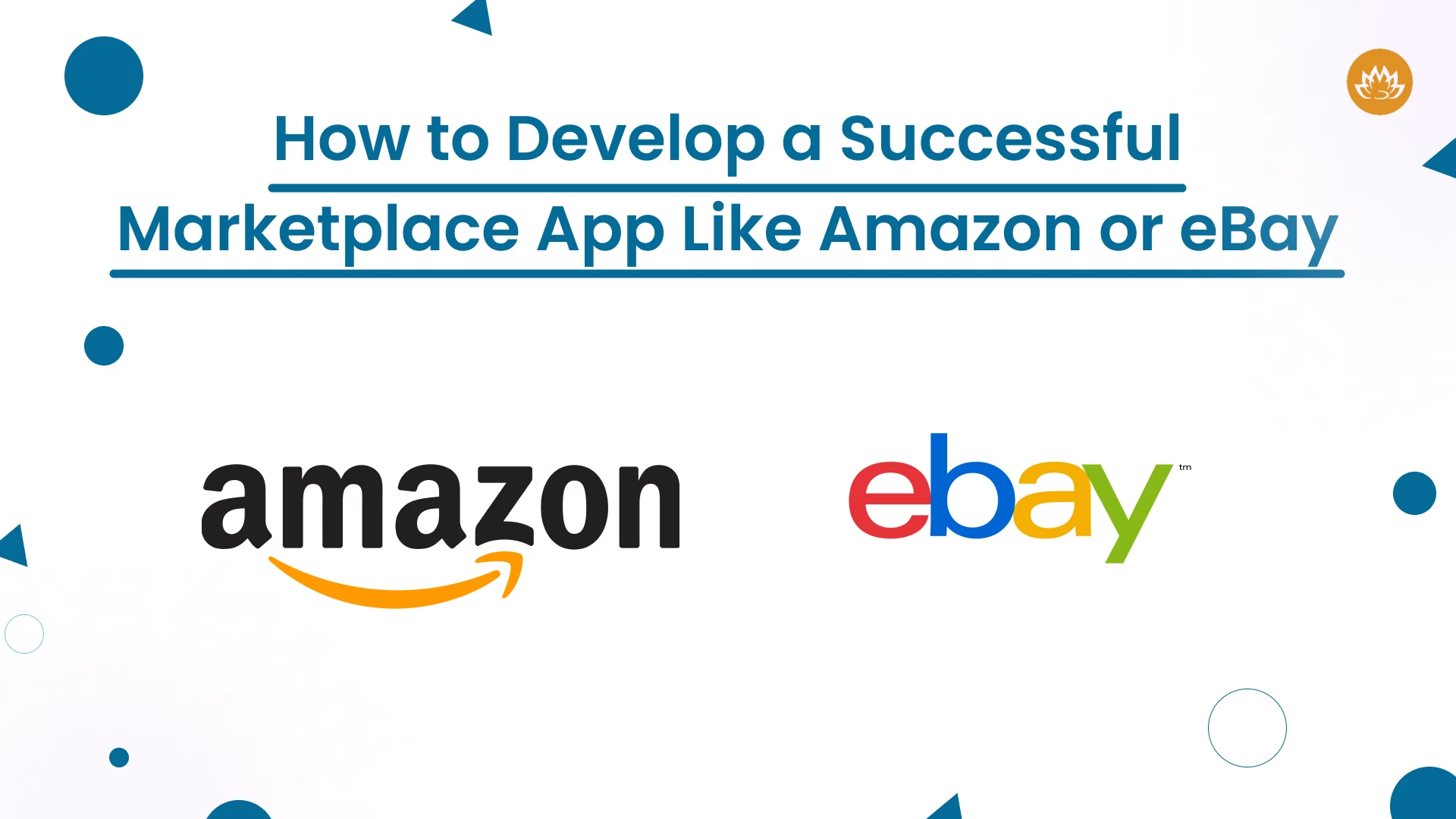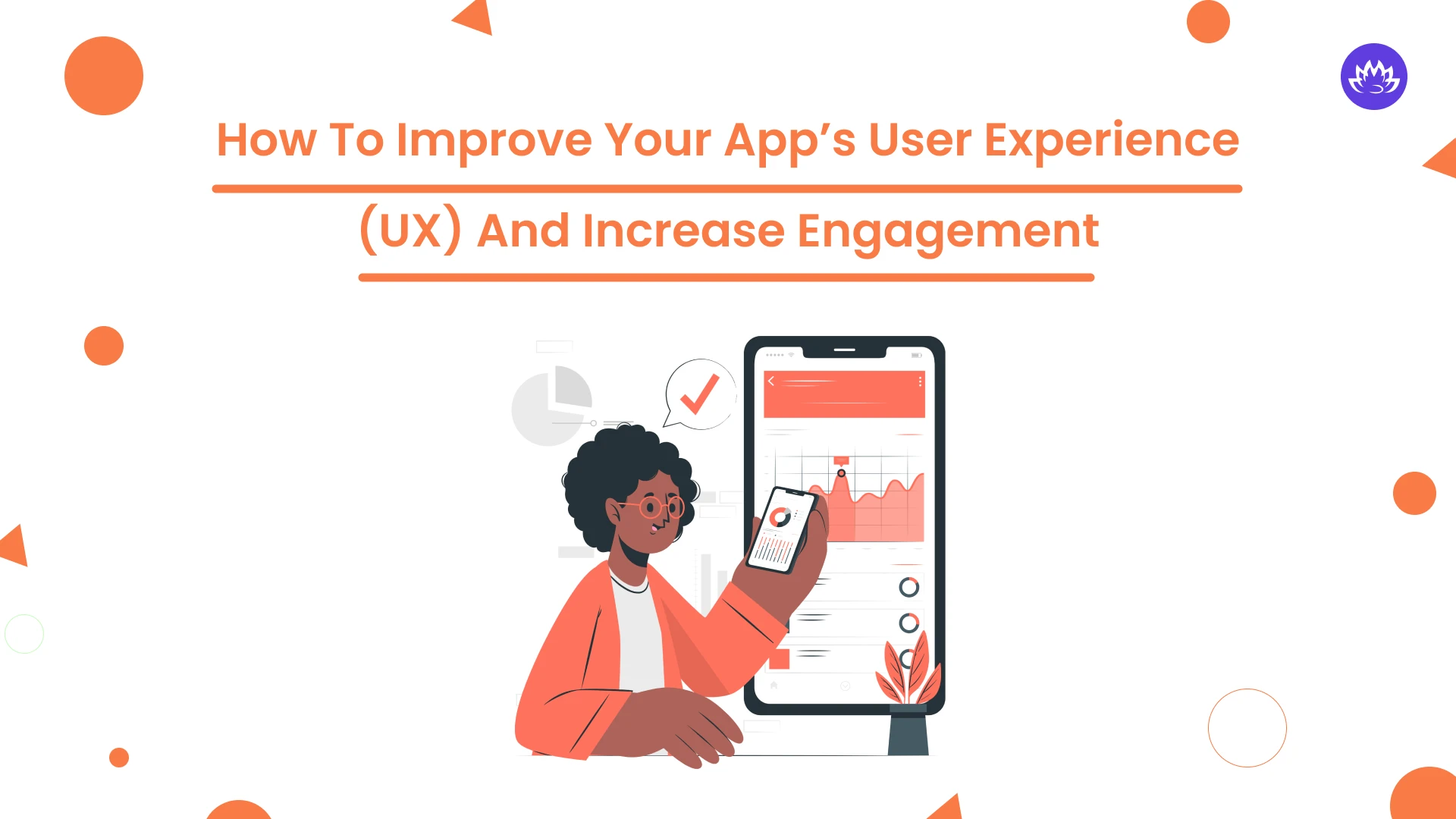It has been a decade now that the mobile app industry is growing in full force, generating billions of revenue. In 2023, Android and iOS collectively were responsible for accelerating consumer spending by up to $135 bn, of which iOS contributed 66%. These numbers are most likely to increase in the future. Such fierce and stable is the brand loyalty of Apple users. Hence, iOS app development and its usage is a big business. For all iOS developers, you must know some of the most known iOS programming languages.
We have curated this information to help you remain ahead of knowing what iOS app development trends prevail in the iOS market. We also want you to get deep insights into these top iOS programming languages.
In the below article, we shall look at some of the best languages for iOS app development in 2024. Before that, let us first get a basic idea of what is iOS programming language.
What is the iOS Programming Language?
iOS programming languages are languages specifically used to build iOS applications for Apple mobile devices. It includes iPads, iWatch, Apple TV, iPhone, macOS, etc. Among all the programming languages, Swift is the most known and trusted programming language for iOS developers. Along with Swift, even Objective-C is also used for the majority of iOS projects or for interacting with legacy codebases.
Moreover, you can hire Swift and Objective-C experts for iOS projects as iOS programmers can harness the advantages of both languages into the same project.
Best Programming Languages for iOS App Development
Here we shall understand the basics of the seven most popular iOS app development languages. As a developer, if you are a beginner, you must know about the choices for deciding the most suitable programming language for your upcoming iOS endeavour. In addition, we will also explain the key features and benefits of using these languages.
Swift
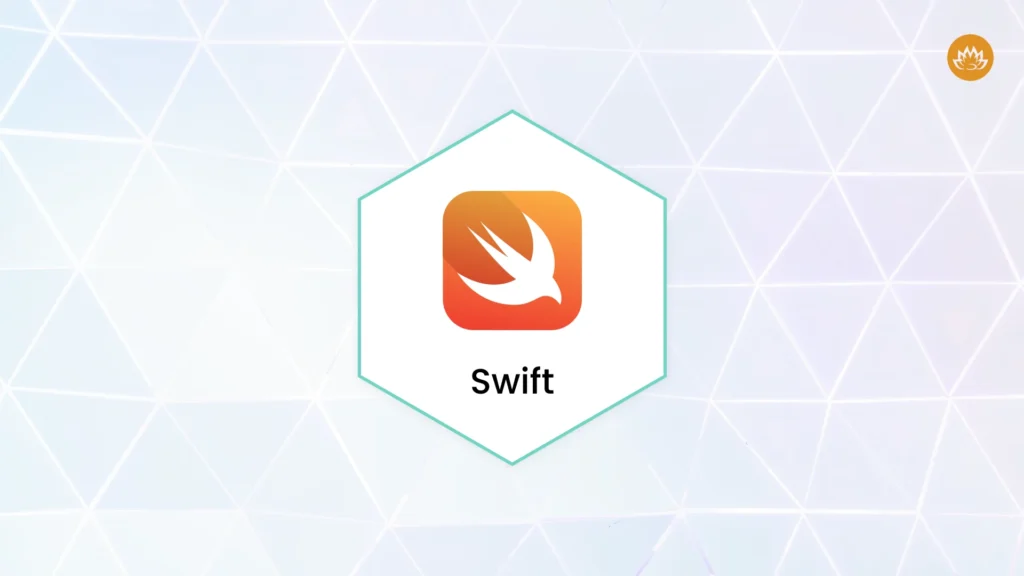
Swift is a very popular and multi-paradigm programming language, well-compiled and smartly developed for iOS, macOS, tvOS, and watchOS app development. Initially, it was released in 2014 and has rapidly become one of the choicest languages for iOS development.
Top Features of Swift
-
Easy syntax for learning and working
-
Provides rapid processing speed and provides an opportunity to make early improvements
-
It supports functional and pattern-oriented programming
-
Has steadfast capability of error-handling functionalities
-
Easily compatible with Objective-C programs
Key Benefits of Swift
-
Various Swift courses and playground apps are available for new programmers to learn the language easily.
-
Open-source programming language
-
It maximizes the features of iOS and iPhone hardware
-
Rapid and lightweight
-
Easy to learn syntax
-
In-built safety features for preventing errors
-
Very less memory usage
-
Easy scalability
-
Symmetrical codebase
-
Easily compatible with Mac, Apple Watch, iPad, and Apple TV.
When to use Swift?
-
For building a native iOS app
-
For leveraging the complete features of iPhone features
-
To expand the older iOS app
-
Easy interoperable with Apple legacy Objective-C files
Top Apps Developed Using Swift
Uber, Lyft, YouTube, Amazon Alexa, Google Pay, LinkedIn
C#
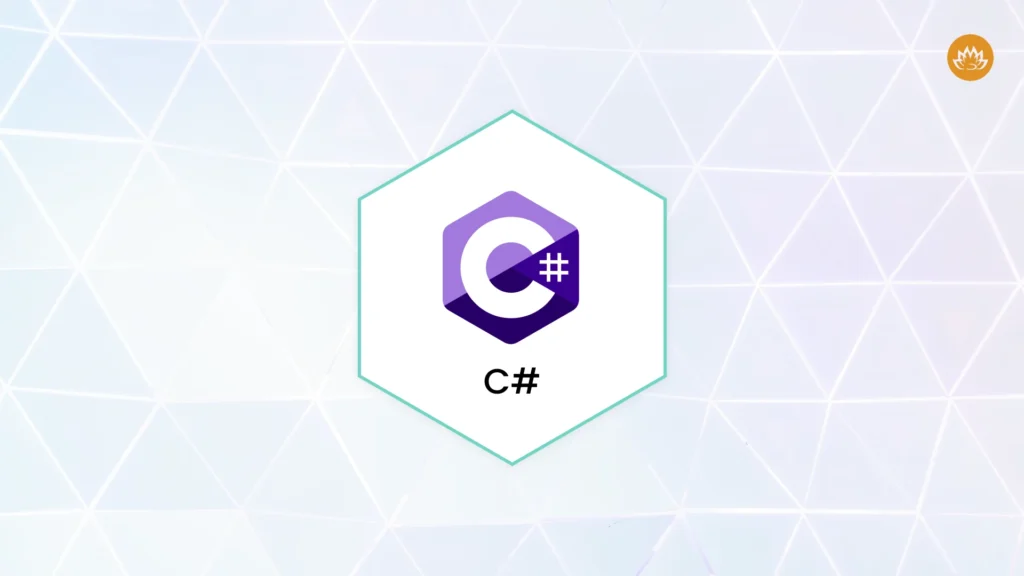
C# is one of the most dynamic and object-driven programming languages. It is created by Microsoft, mostly used to create cross-platform apps. However, it is also used for software, games, web APIs, websites, and much more.
Top Features of C#
-
Speedy execution code and strongly typed
-
Robust .NET ecosystem to access extensive libraries and runtime
-
An asynchronous programming model that is ideal for mobile apps
-
The compilation is done using Xamarin tools into native iOS app libraries
-
Well-integrated with Visual Studio and other developer tools
-
Available in different types such as ASP/ASP.NET, Xamarin, MonoDevelop, etc.
-
Used mostly to develop desktop apps for Windows
Key Benefits of C#
-
It can build a variety of technology projects
-
Can accommodate both iOS and Android apps
-
Comprehensive documentation and support
-
Open-source programming language
-
Can protect against errors and can handle mistakes in a structured manner
-
Can handle low-level memory management
-
Can manage to combine the use of multiple programming languages
When to use C#?
-
For code sharing with major app logic across mobile platforms
-
To harness Microsoft’s mature IDE and developer tools
-
To use existing c# codebase, team skills, and libraries
-
For showing better app performance with higher code execution and code efficiency
Top Apps built with C#
Microsoft Office Apps, Amazon Books, Storyo, and Sworkit Fitness
Objective-C
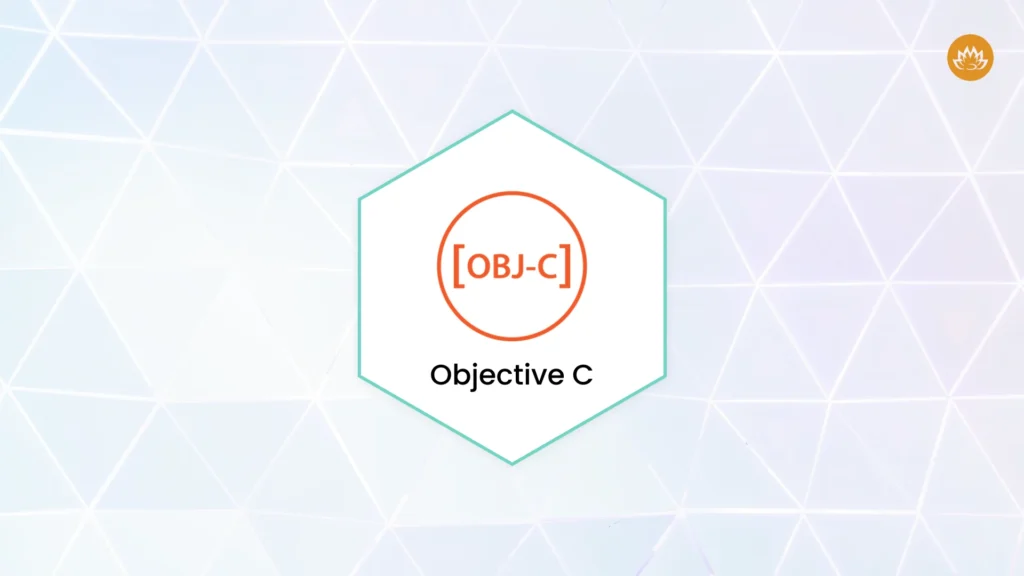
Developed by Objectives Computing Corporation in the 1980s, Objective-C is a programming language designed to make programming easier and seamless. Being one of the best iOS programming languages, Objective-C is equally popular among iOS developers just as Swift is. It has very less sets of extensions, yet they are powerful and belong to the ANSI language standard.
Top Features of Objective-C
-
It has dynamic message passing with runtime allowing faster development processes
-
All are highly interoperable with Swift and C++ code
-
It is a matured language with extensive frameworks and developer tools
-
Apple fiercely supports Objective-C to date
-
Used for getting better performance through C code and libraries
Key Benefits of Objective-C
-
Backward compatibility is possible with C and C++
-
It has thorough documentation
-
Abundant support from the developer community
-
Wide range of third-party frameworks and libraries
-
Easy adjustable with older Apple operating systems
When to use Objective-C
-
For building legacy iOS apps that are originally written in Objective-C frameworks
-
To reuse mature Objective-C frameworks through libraries and dependencies
-
For algorithmic processing and to execute intensive tasks with efficiency
-
For apps that need compatibility such as older iOS versions
Top apps built with Objective-C
Facebook, Instagram, Apple Music, Apple Maps, Dropbox, and eBay
Flutter

Do you want a super fast language that fits so well in this rising digital era? Flutter is the perfect fit with no doubts. As a user and a developer, you can view all the latest modifications and avoid losing essential information. This is because Flutter provides a direct experience and an instant reloading facility. Based on the programming language named Dart, Flutter was developed in 2009 and has been refined over the years. You can hire Flutter developers to create dynamic iOS mobile apps for your startup.
Key features of Flutter
-
Hot reload system
-
Native performance and internationalization
-
Huge library of widgets
-
IDE and Firebase support
-
Abundant extensions, tools, and languages
-
It has its rendering language
Key benefits of Flutter
-
Provides rapid compilation without compromising on code quality
-
Consistency in rendering for iOS and Android devices
-
Creates apps in the fastest time possible
-
Easy code maintenance as it uses the same codebase for building cross-platform apps
-
Uses Google Dart programming language that is easy to use and understand
-
Has a high-performing compiler that will support hardware acceleration and other programming frameworks
-
Used for writing scripts with automated memory management functions like garbage collection that controls data types as well.
When to use Flutter
-
For building cross-platform applications
-
To create native-like applications faster
-
When the app development cost budget is low
-
If you want to build a native-like application
-
If you are a startup and want to cover larger groups of audience
Top apps built with Flutter
Google Ads, Hamilton, Reflectly, BMW, Watermaniac, Philips Hue, etc.
React Native

React Native is the most frequently used programming language nowadays for building iOS apps. Offered by Meta, it is one such exceptional language that helps to publish your app even to the Android platform by using React. Programmers consider it as the first choice to create iOS apps as it is simple to understand and learn.
If you want experts in React Native app development, you can get in touch with the best iOS mobile app development company.
Key Features of React Native
-
You can write the code once and use it anywhere
-
Focuses more on UI
-
Uses JavaScript as the base programming language
-
Has robust community
-
Well tried and tested by a larger developer base
-
Can support third-party libraries
-
Provides good mobile environment performance
-
Cost-effective option
-
Live reload facility
-
Reusable components
-
Good architecture and simple UI
Key benefits of React Native
-
Can build native cross-platform apps with the same codebase for iOS and Android
-
Supports auto-layout and Flexbox to create responsive layouts
-
All the components within can communicate with each other easily
-
Has many third-party tools to use for different purposes
Top apps built with React Native
Instagram, Meta Ads Manager, UberEats, Facebook, Bloomberg, etc.
HTML5
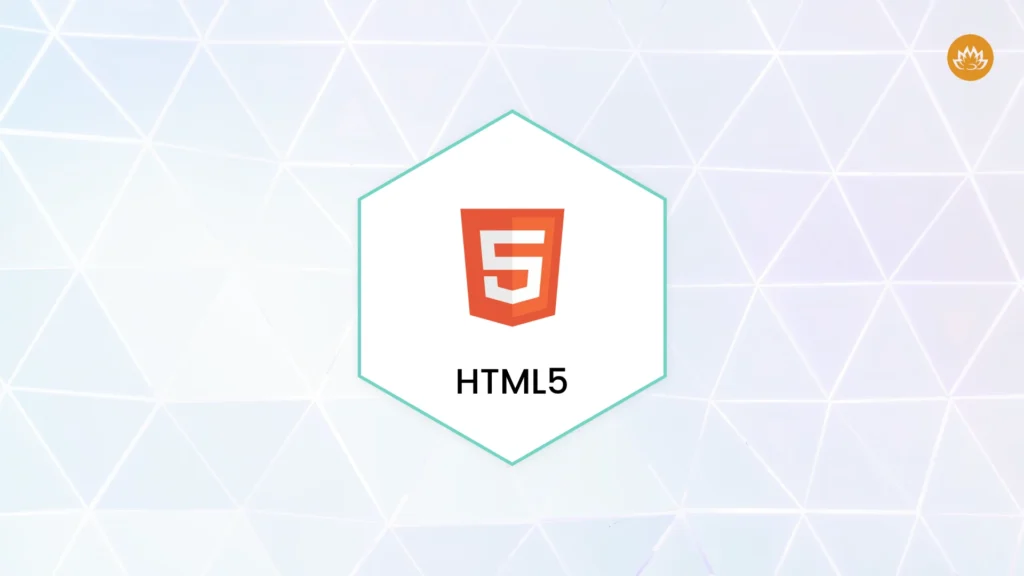
HTML5 is the newest version of HTML (Hypertext and Markup Language) as it comes with an additional JavaScript API that helps develop progressive web apps. These apps can actively run on iOS. All the apps are wrapped in native containers and harness the device’s capabilities such as cameras, push notifications, GPS, etc.
Key Features of HTML5
-
Cross-platform compatibility to write once and run anywhere.
-
Uses web development skills and resources
-
Rapid development by using JavaScript frameworks such as React Native
-
Easily supported by modern mobile browser engines
-
It can build PWAs or package as native app binary
When to use HTML5
-
For building cross-platform applications through a single codebase
-
For a quicker development process, building MVP and harnessing web developer skills
-
For adding native features for progressive enhancement
-
To reuse business logic or UI written for the web app version
Top apps built with HTML5
Starbucks, Twitter, PhoneGap, Uber Eats, Cordova, etc.
Java

Java is an object-oriented, general-purpose computer language based on class. All types of platforms can execute the Java code and do not need recompilation. To build iOS apps, Java code should be run in the Dalvik VM that is provided by the Android subsystem. With this, Java apps can run on iOS and can leverage the same codebase just as Android apps.
Key features of Java
-
It has strong typing and has object-oriented design
-
It comes with excellent memory management and best security features
-
It has a vast ecosystem of frameworks and libraries
-
It is platform-independent and can be run on iOS and Android
-
It has a familiar language that is used by millions of developers
Key benefits of Java
-
Very simple and accessible programming language with no complexities
-
It is language that expresses everything in terms of classes and objects
-
Is created to create a language that functions well on any device
-
Has robust language and can handle uncertain app termination
Top apps built with Java
Netflix, Amazon Kindle, Spotify, Microsoft Office Apps, eBay.
Conclusion
Developers have many choices of iOS programming languages for building responsive iOS applications. Swift is mostly used to develop new apps. However, seasoned developers leverage the potential of other resourceful languages like Java, Objective-C, HTML5, C#, or C/C++. To choose the right iOS programming language, you need to map out your app requirements. In that way, your team and client both will have to face lesser challenges. Overall, all types of programming languages are best and deliver high-quality iOS apps that appeal to users.
Whitelotus Corporation is the leading iOS app development company. We have proficiently delivered the most effective and exceptional iOS applications by using the most advanced and dynamic programming languages for our clients worldwide. We have a robust team of highly talented and skillful Swift developers and iOS app developers who are well-competent to accomplish your complex iOS app project requirements, fitting into your budgets.
Author
-

Kirtan is CEO of Whitelotus Corporation, an emerging tech agency aimed to empower startups and enterprises around the world by its digital software solutions such as mobile and web applications. As a CEO, he plays key role in business development by bringing innovation through latest technical service offering, creating various strategic partnerships, and help build company's global reputation by delivering excellence to customers.
View all posts




